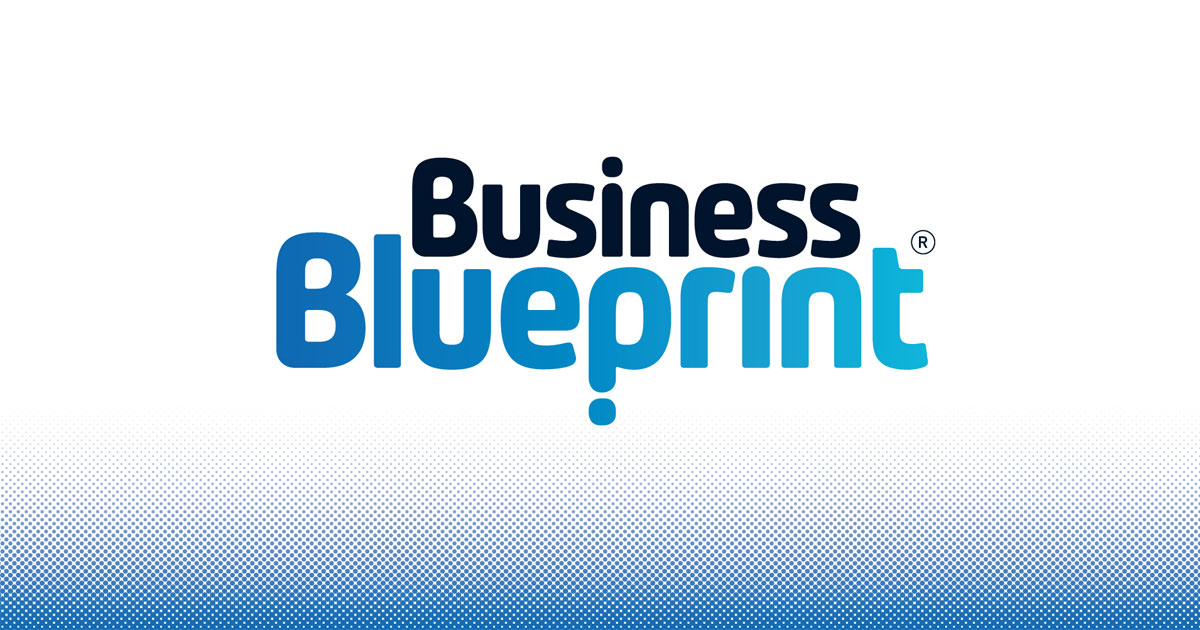Not sure about closing sales? Are you pushing your clients away? Don’t understand why you can’t get any sales across the line? Well, you have come to the right place. Find out six great ways for closing sales in this snapshot from an interview between Dale Beaumont and Paul Hanna.
Paul Hanna is regarded as one of Australia’s leading motivational speakers with a client list that reads like a who’s who of the country”s corporate elite: Qantas, Telstra, Lexus, Vodafone and BMW are just some of the organisations that have used his service.
What is sales leadership and what are some of the ways to close a sale?
Top sales professionals take accountability for closing a deal and never wait for the customer to ask for the product. This is called sales leadership. The following closes are used by sales leaders all over the world.
- The assumption close – as its name suggests, the assumption close is all about assuming your customer is ready to buy and that they just need your leadership to cross the line. For example, ‘So, Mr Jones, will you be using our direct debit system to pay for the monthly deductions, or would you prefer to send us a cheque every six months?’ or ‘So which day of the week would better suit you for delivery – Monday or Thursday?’
- The deadline close – this is a common close used especially at electrical stores. Even though there might be 100 yellow toasters out the back, the sales assistant will come back to you with: ‘Wow, this is the last one. You’re so lucky’, which creates a sense of urgency for you to complete the deal. Another example is, ‘This is the last PC we have in stock that has the built-in DVD player. After this one goes, there will be a two-month wait’.
- The Benjamin Franklin close – this close is designed to set out all the facts in a simple format that makes the right decision virtually leap out at you off the page. It is a close often used after you have handled every objection with diligence and patience and yet the customer still remains undecided. So what you do is you pull out a piece of paper and ask the customer to write ‘for’ and ‘against’ lists, providing reasons why they should or should not proceed with the purchase. This is actually the process that I use when making tough decisions, and I tell the customer this too. You often find that they will struggle with one or two reasons why they should not purchase your product or service.
- The paperwork close – this is a great close to be used after the Benjamin Franklin close and requires choosing your words very carefully. For example, ‘Susan, which state would you like to start delivery of the phones in – New South Wales or Victoria?’ After she replies ask a very powerful closing question: ‘Susan, could you please okay this paperwork down here?’ Don’t say, ‘Could you please sign the contract now?’ The word ‘contract’ implies long commitment, big dollars and legal obligations. In contrast the word ‘paperwork’ is harmless and doesn’t scare anyone.
- The puppy dog close – this is one of the all-time favourite closes, and for good reason – it works brilliantly! Let’s say your five-year-old son decides he wants a puppy dog for his birthday. You take him to the pet shop and he finds a labrador pup that is just like the one he wanted. The pet shop owner knows all about the puppy dog close and encourages you to take it home for a couple of days to see how it fits in with the rest of the family. You know where this is going! As soon as that puppy gets into your home, it’s never going back to the shop. Its big eyes and cuddliness have your son hooked. And guess who else will be too? The person with the money.
- The ‘no-rush’ close – this is a great close to use when your customers are feeling a bit of pressure, either from your push to close the deal or internal pressures from their company to make a decision, any decision. When you say, ‘There’s no rush – whenever you’re ready’, the customer feels totally in control. If you’ve been a bit impatient and perhaps a bit pushy, this kind of statement is a brilliant way of tipping control back to the side of your client.
For more of this interview check out Dale Beaumont’s “Secrets of Top Sales Professionals Exposed!“.



